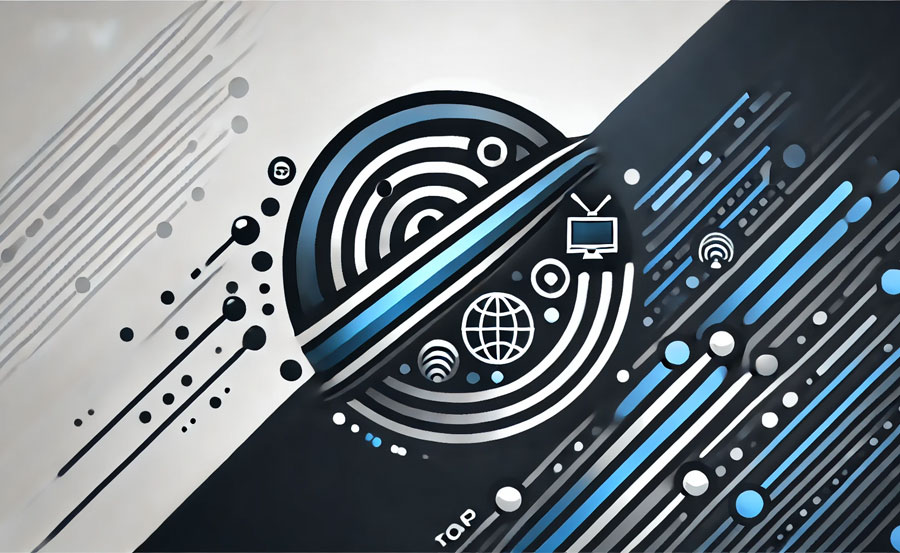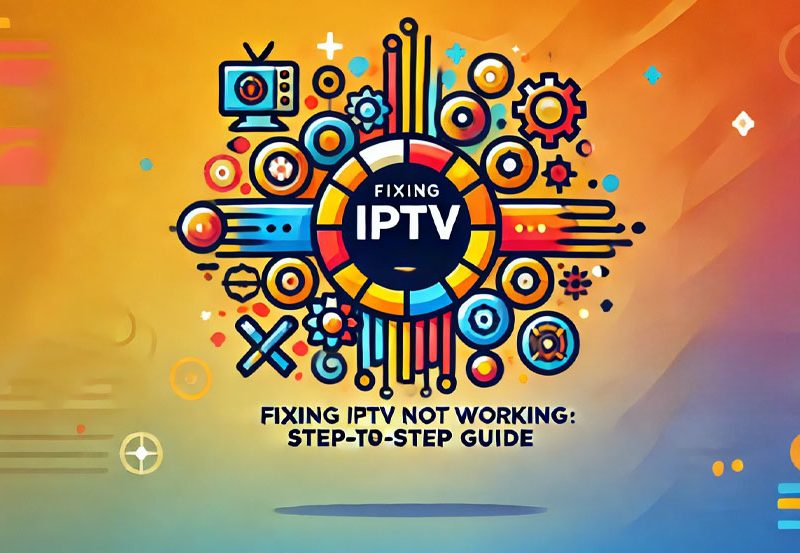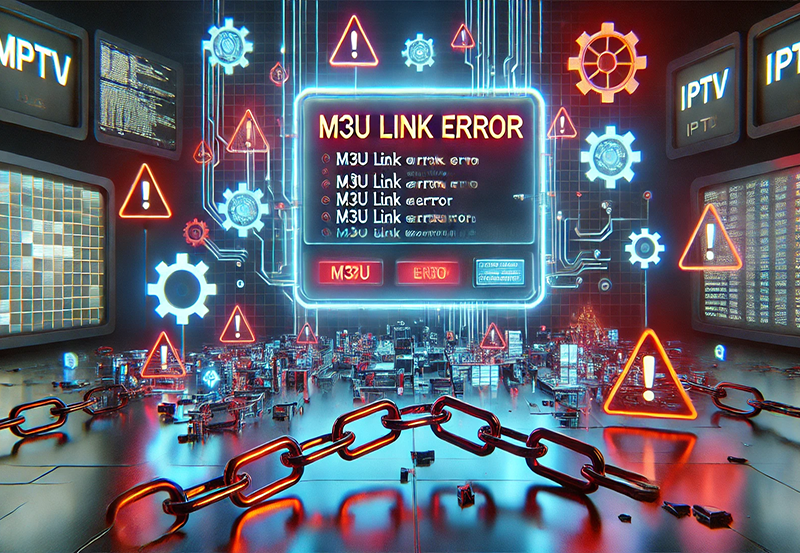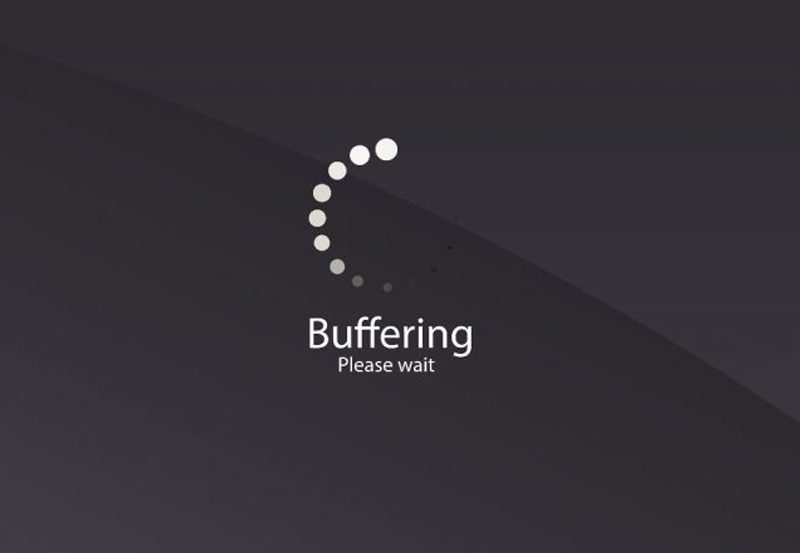IPTV (Internet Protocol Television) has become one of the most popular ways to stream live TV, sports, movies, and on-demand content. However, as with any internet-based service, users may encounter occasional issues with connection quality. Whether you’re watching your favorite series on a 4K TV or enjoying a 8K TV setup, connection problems can disrupt your viewing experience. Fortunately, most IPTV connection issues can be easily resolved by following a few troubleshooting steps.
In this article, we’ll explore the top solutions for IPTV connection problems, offering practical tips to fix common issues like buffering, lag, and poor picture quality. Additionally, we’ll provide guidance on how to watch IPTV on 8K TVs and discuss best IPTV apps for 8K TVs and optimized IPTV streaming setups.
Buy 1 Year IPTV Subscription and Enjoy Unlimited Content
Common IPTV Connection Problems
Before diving into solutions, it’s important to identify common connection issues that IPTV users often experience:
- Buffering and Freezing: Continuous interruptions or pauses during streaming.
- Low-Quality Picture: Grainy, pixelated, or blurry video quality.order IPTV
- No Signal Error: IPTV content not loading or showing an error message.
- Slow Streaming: Video taking too long to load or stuttering during playback.
- Audio and Video Sync Issues: The sound does not align with the video.
These problems can stem from various factors, such as internet speed, device settings, or IPTV service quality. Let’s explore how to address them effectively.
1. Check and Optimize Your Internet Speed
One of the most common causes of IPTV connection problems is insufficient internet speed. Streaming high-definition or 8K content requires a stable and fast connection. Here’s how you can check and improve your internet speed:
How to Test Your Internet Speed:
- Use speed testing tools such as Speedtest.net or Fast.com to check your current internet speed.
- Ensure that your download speed meets the following requirements:
- HD Streaming: At least 5 Mbps
- 4K Streaming: At least 25 Mbps
- 8K Streaming: At least 50-100 Mbps
- If your speed is lower than the recommended threshold, consider upgrading your plan with your internet service provider (ISP).
Boosting Your Internet Speed:
- Use a Wired Connection: If you are using Wi-Fi, consider switching to a wired Ethernet connection for faster and more stable speeds.
- Close Background Applications: Ensure that other devices or applications are not consuming excessive bandwidth (e.g., file downloads or other streaming services).
- Upgrade Your Router: If your router is old, upgrading to a higher-speed model can improve your connection quality.
2. Ensure Proper Router and Network Configuration
Network congestion can affect your IPTV experience, especially if multiple devices are connected to the same network. Here are steps you can take to ensure your network is optimized:
Tips for Optimizing Your Router:
- Use the 5GHz Band: Many modern routers offer dual-band Wi-Fi. Switching to the 5GHz band can reduce interference and increase speeds, especially if multiple devices are using the same network.
- Set Quality of Service (QoS): Many routers allow you to set QoS to prioritize IPTV traffic, ensuring that your streaming device gets sufficient bandwidth.
- Change the Wi-Fi Channel: If you’re experiencing slow speeds, changing your router’s channel can reduce interference from other devices on the same frequency.
- Upgrade Your Router: If you have an older router, it may not handle high-definition or 8K content efficiently. Upgrading to a more powerful router can help eliminate connection problems.
Wired vs. Wireless Connection:
For the best streaming performance, it’s always recommended to use a wired Ethernet connection. While Wi-Fi is convenient, it can sometimes result in slower speeds or interference, especially if there are walls or obstacles between the router and your streaming device.
3. Optimize IPTV Apps for 8K Streaming
To watch IPTV on 8K TVs, you need IPTV apps that support high-resolution streaming. Some apps are optimized for 4K or 8K, which can significantly improve your viewing experience. Here’s how you can optimize your IPTV app:
Best IPTV Apps for 8K TVs:
- IPTV Smarters Pro: Known for its high-quality streaming and 4K/8K resolution support.
- Tivimate: Offers a smooth streaming experience and is optimized for high-definition content.
- Perfect Player IPTV: A great option for 4K and 8K TV users, with an easy-to-navigate interface.
Optimize App Settings for Better Performance:
- Update the App: Make sure that your IPTV app is updated to the latest version for optimal performance and bug fixes.
- Clear Cache: If the app is running slow, clearing the cache can help speed things up.
- Adjust Quality Settings: Some apps allow you to adjust the streaming quality manually. Lower the resolution if you’re facing buffering, or increase it for better quality when your internet speed allows.
4. Reboot Your Devices
Sometimes, a simple restart of your IPTV box, router, or modem can solve a variety of connection issues. Rebooting can help refresh your network and clear out any temporary glitches or system overloads.
How to Reboot:
- IPTV Box/Streaming Device: Power off your device, wait for a few seconds, then turn it back on.
- Router/Modem: Unplug your router and modem, wait for 30 seconds, then plug them back in. This can resolve network-related issues.
Streaming Revolution: IPTV vs Cable TV
5. Switch IPTV Providers or Servers
If you’ve tried all the troubleshooting steps and still face issues, it might be time to consider changing your IPTV provider or server. Some IPTV providers may have server outages or capacity issues that can cause buffering, poor quality, or no signal errors.
How to Choose a Reliable IPTV Provider:
- Check Reviews: Look for feedback from other users about the IPTV provider’s reliability and streaming quality.
- Contact Support: Reach out to the provider’s customer service for assistance and inquire about any known outages or server issues.
- Test Multiple Servers: Many IPTV providers offer multiple servers. Try switching to a different server to see if it resolves the issue.
6. Update Device and App Software
Running outdated software on your IPTV device or app can cause performance issues. Always ensure that both your device and IPTV app are up to date.
Steps to Update Software:
- Check for Device Updates: Go to your device’s settings and look for any available firmware updates.
- Update the IPTV App: Visit the app store on your device to check for updates for your IPTV app.
Frequently Asked Questions (FAQs)
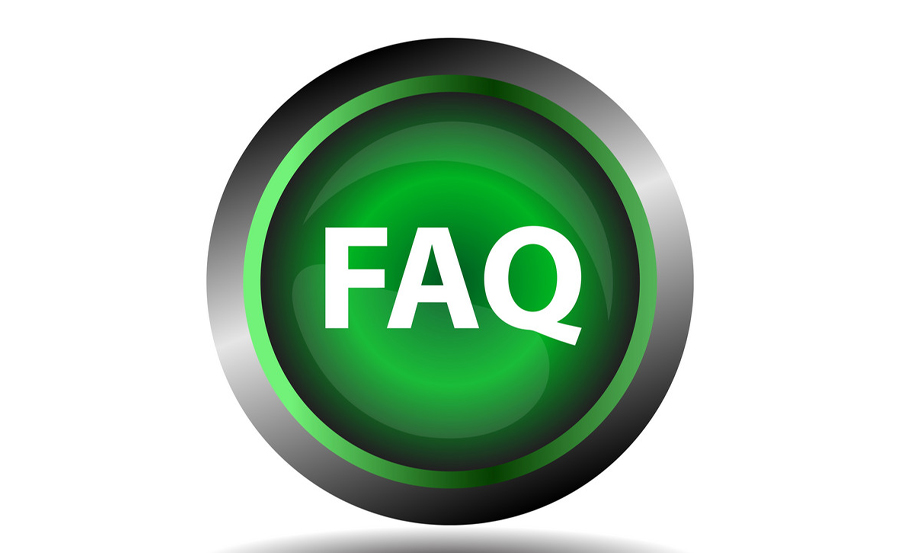
1. How can I improve my IPTV streaming quality?
Ensure your internet speed is sufficient, use a wired connection, optimize your IPTV app, and choose a high-quality IPTV box.
2. Why is my IPTV buffering despite a fast internet connection?
Buffering may still occur due to network congestion, outdated apps, or server issues with your IPTV provider. Try optimizing your router settings and updating your IPTV app.
3. What is the best IPTV app for 8K TVs?
Apps like IPTV Smarters Pro and Tivimate are ideal for 8K TVs, offering high-quality streaming and easy navigation.
4. How do I fix the “No Signal” error on IPTV?
Check your internet connection, restart your IPTV device, or contact your IPTV provider for any server-related issues.IPTV services
5. Is a wired connection better than Wi-Fi for IPTV streaming?
Yes, a wired Ethernet connection provides more stable and faster speeds than Wi-Fi, which is especially important for high-definition and 8K streaming.
Best IPTV Devices: Get the Best Experience

